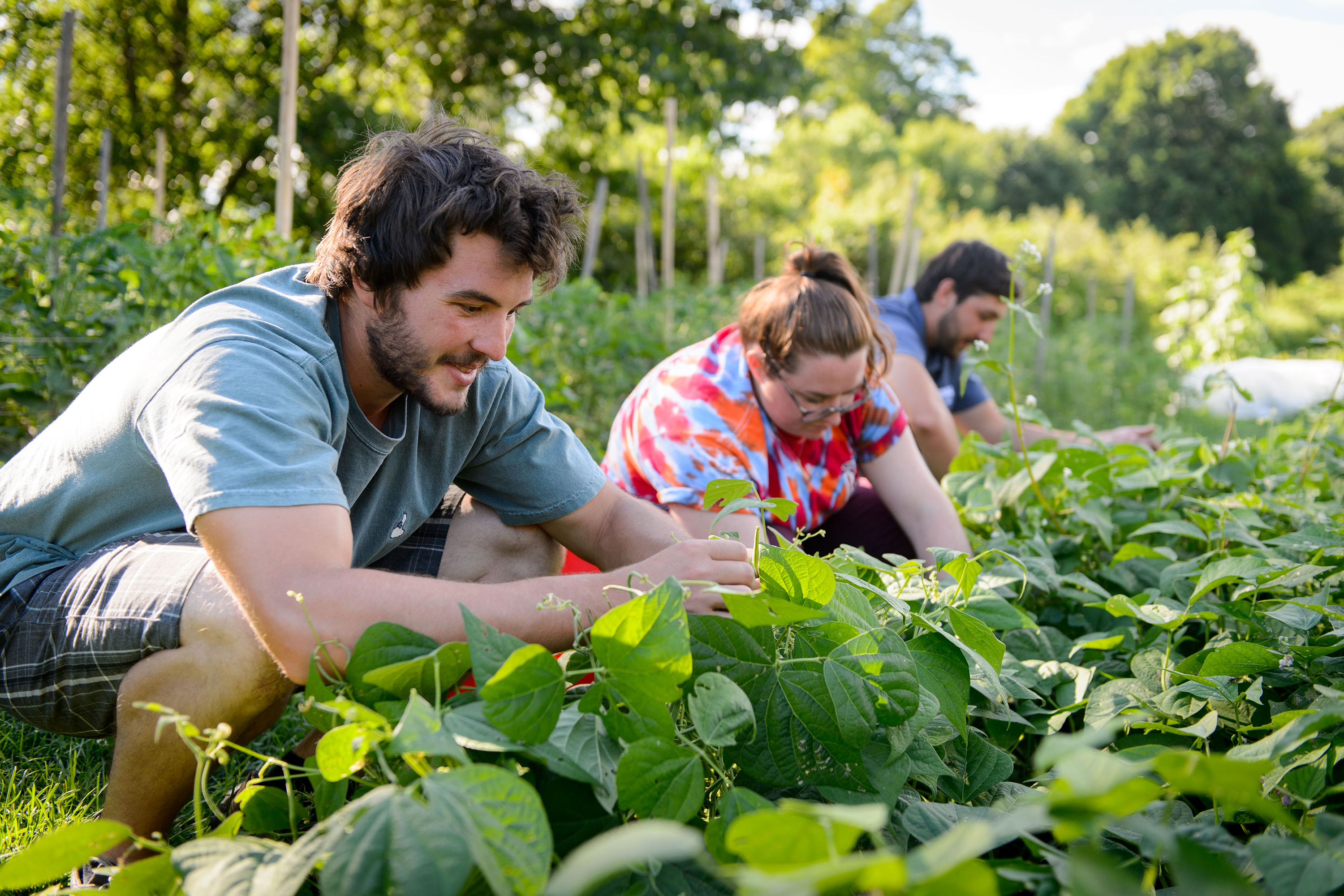UConn has once again been rated among the top 10 in Sierra Club’s “Cool Schools” rankings. UConn placed third overall, an accomplishment that Richard Miller, director of UConn’s Office of Environmental Policy, says is something that has distinguished UConn as a leader among its peers.
“We’ve done quite well year after year and have established a reputation for environmental stewardship and sustainability that helps the school attract and retain top students and faculty,” says Miller.
The Sierra Club rankings are derived from data collected by the Association for the Advancement of Sustainability in Higher Education (AASHE) self-reporting tool. The results are reported in the 2018 Sustainable Campus Index.
Having ranked as number one Cool School in 2013, Miller says the perception in ranking high is that it must be an easy accomplishment. He says the opposite is true, in fact, since the standards are getting tougher and other institutions are continuing to improve, the bar is constantly being raised.
“Everyone is trying to get better, the standards are becoming more and more complex and stringent, and the auditing process is more rigorous to ensure reporting is accurate. The survey requires a coordinated team effort,” says Miller.
The 2018 Sustainable Campus Index ranks colleges and universities overall by institution in 17 sustainability impact areas. The rating system looks at sustainability measures implemented in a range of areas including building design, food and dining services, waste and water management, and grounds.
Miller says one area where UConn consistently excels is food and dining. Sustainability efforts include sourcing food from small, community based and locally owned farms.
“We have a lot of small farms here in Connecticut and Dining Services does a great job sourcing a lot of our food and beverages locally. We scored very high in that metric which is unusual for a school in the northeast, especially one as large as UConn,” says Miller.
Other efforts in food and dining involve waste management. UConn is teaming up with Quantum Biopower this year to handle all of its compostable waste from dining halls. This partnership is an exciting one, says Miller, particularly since the company is run by UConn graduates.
UConn’s reclaimed water facility, the first of its kind in the state, continues to conserve hundreds of thousands of gallons of potable water every day by using reclaimed wastewater for such things as cooling boilers in the campus co-generation and central utility plant, and for flushing toilets in the new Innovation Partnership Building.
“The reclaimed water facility, coupled with other water-use reduction strategies, has led to a 40 percent reduction in water consumption between 2005 and 2017. That’s despite significant growth we have seen in enrollment and increases in square footage of buildings during that time,” says Miller.
One waste-reduction measure that caught a lot of attention and was highlighted in the 2018 Association for the Advancement of Sustainability in Higher Education report is UConn’s ECOCoin initiative that began last year at the UConn Bookstore, where every customer who declines a plastic bag with their purchase receives a token. The ECOCoin is worth five cents, the cost of a plastic bag, when donated to one of three local charities, each having a display box within the store.
One of those charities is UConn’s Campus Sustainability Fund, which is entirely funded by donations and supports a variety of campus initiatives. Miller says the successful ECOCoin initiative has inspired other universities to adopt the bag-reduction strategy in their own bookstores.
As a land and sea grant institution, UConn also rates highly in the number of classes offered that have sustainability components. Miller says UConn offers many courses that encompass not just environmental studies and sciences, but also subjects such as human rights and corporate social responsibility. Beyond that, the University Senate also voted last spring to make Environmental Literacy a general education requirement for all UConn graduates.
Measures across the university, large and small, led by employees in all departments, as well student groups and other members of the university community, make a difference, says Miller.
“Our job here is to make sure we are helping the university maintain and continue to improve its status as a leader in sustainability and climate action. Lots of people at UConn deserve credit for this achievement and many have told me they’re proud of the reputation UConn has earned for being a green campus.”
Learn more about some of the measures already in place, such as purchasing carbon offsets, enrolling your office in the Green Office Certification Program, using UConn Cycle Share or ZipCar for transportation, and advancing UConn’s membership in the We Are Still In Coalition. The Office of Environmental Policy provides a wealth of information for measures you can take to help make a difference.
Miller says, “It takes a consistent and coordinated team effort. Despite tight budgets and other limitations, we have to ask ourselves ‘what can we do better this year?’”



